In the spirit of full disclosure, I have not actually skinny-dipped with Neil Gaiman. However I find this phrase a quick way to reference an important writing lesson, which I'll share if you'll permit me the latitude to explain.
Also in the spirit of full disclosure for those of you keeping track, I only achieved 2 of the 5 writing goals I set this week.
In a moment I think you'll understand why.
Also in the spirit of full disclosure for those of you keeping track, I only achieved 2 of the 5 writing goals I set this week.
In a moment I think you'll understand why.
My son was due to get on a plane last Saturday to spend a year studying in Sweden, but as of one week prior he still didn’t have the requisite Residence Permit. Everyone involved was sure he’d have to forfeit his ticket and reschedule his trip, but I wasn't ready to give up. So I spent last week relentlessly phoning, emailing, and faxing the Swedish Embassy, and to everyone's surprise (even my own) managed to secure my son's permit 24 hours before his flight.
Lesson Part One: PERSEVERANCE PAYS OFF
Or at least it can pay off when applied properly. In my case I did not apply it to my writing, thus only completing 2 of my 5 writing goals this week.
Or at least it can pay off when applied properly. In my case I did not apply it to my writing, thus only completing 2 of my 5 writing goals this week.
| The lesson of perseverance should come as no surprise, especially if you're a writer. Writers are told time and again that perseverance is essential. In fact, in a ten minute Web search, I found about a hundred "perseverance" quotes from famous writers about writing. |
So, what does this have to do with Neil Gaiman? The easy answer would be that I found a quote from him about perseverance, but if you bet on that you just lost your lunch money because what I found wasn't about perseverance at all. What I found was this:
"The moment that you feel that just possibly you are walking down the street naked...
that's the moment you may be starting to get it right." Neil Gaiman
that's the moment you may be starting to get it right." Neil Gaiman
I sure don't like feeling (or being) naked in public, but "getting it right" as a writer is what I live for. It's right up there with family and coffee. It's what I strive for each time I sit down to work on a manuscript. Which brings us to:
Lesson Part Two: TO WRITE THE GOOD STUFF, YOU MUST EXPOSE YOURSELF
Of course I'm talking about feeling vulnerable and exposed due to putting authentic, personal thoughts, emotions and fears on the page, so don't take this as license to become a flasher.
And finally, the Finding Nemo connection.
As I slogged bleary-eyed through multiple phone mazes in Swedish (which I don't speak), and then later as I searched the Web (in English) for writing quotes about perseverance, I kept hearing this little voice in the back of my head.
And thus we arrive at:
Lesson Part 1 + Lesson Part 2 =
TO WRITE THE GOOD STUFF, YOU MUST EXPOSE YOURSELF OVER AND OVER
-- JUST KEEP SWIMMING, JUST KEEP SWIMMING --
AND IF YOU'RE FEELING NAKED, NEIL GAIMAN SAYS YOU MAY BE STARTING TO GET IT RIGHT
Lesson Part 1 + Lesson Part 2 =
TO WRITE THE GOOD STUFF, YOU MUST EXPOSE YOURSELF OVER AND OVER
-- JUST KEEP SWIMMING, JUST KEEP SWIMMING --
AND IF YOU'RE FEELING NAKED, NEIL GAIMAN SAYS YOU MAY BE STARTING TO GET IT RIGHT
Which is a really wordy lesson to carry around in your writer's toolbox. Believe me, I tried.
So I hope you'll forgive me the somewhat misleading headline "Skinny-dipping with Neil Gaiman" and allow that it's a much pithier (and easier to hum) mantra.
Now if you'll excuse me, I'm swimming my naked self over to my manuscript -- I'm down by 3 goals, and I'm determined not to let the Swedish Embassy team win this one.













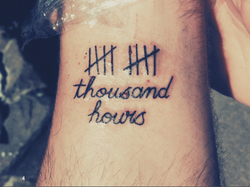


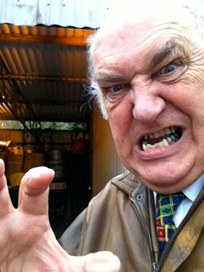



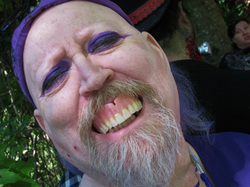

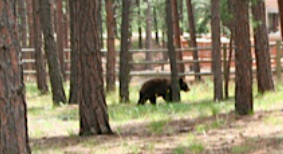



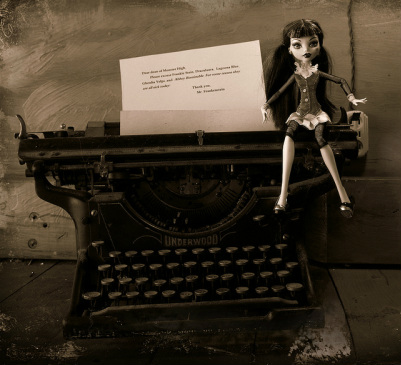
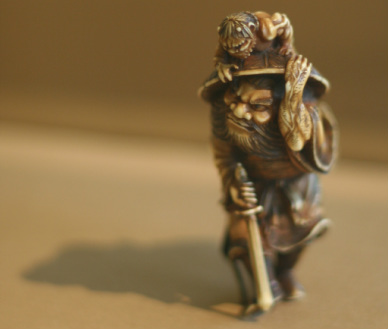





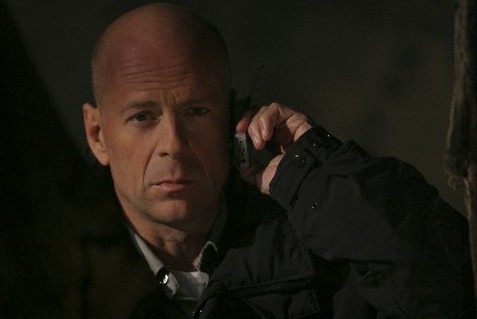
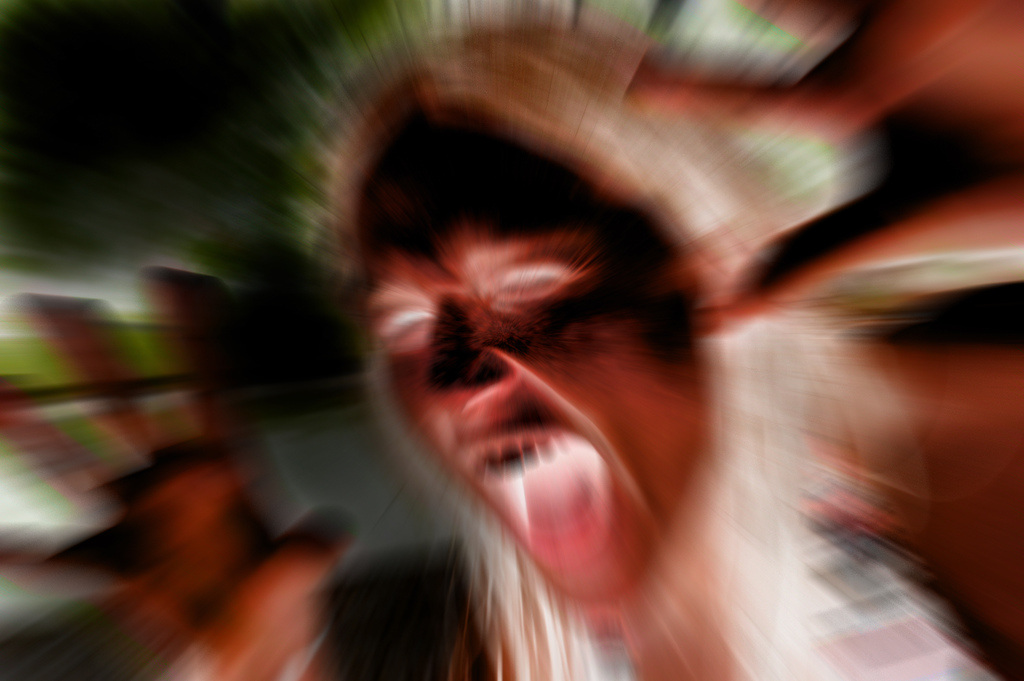
 RSS Feed
RSS Feed